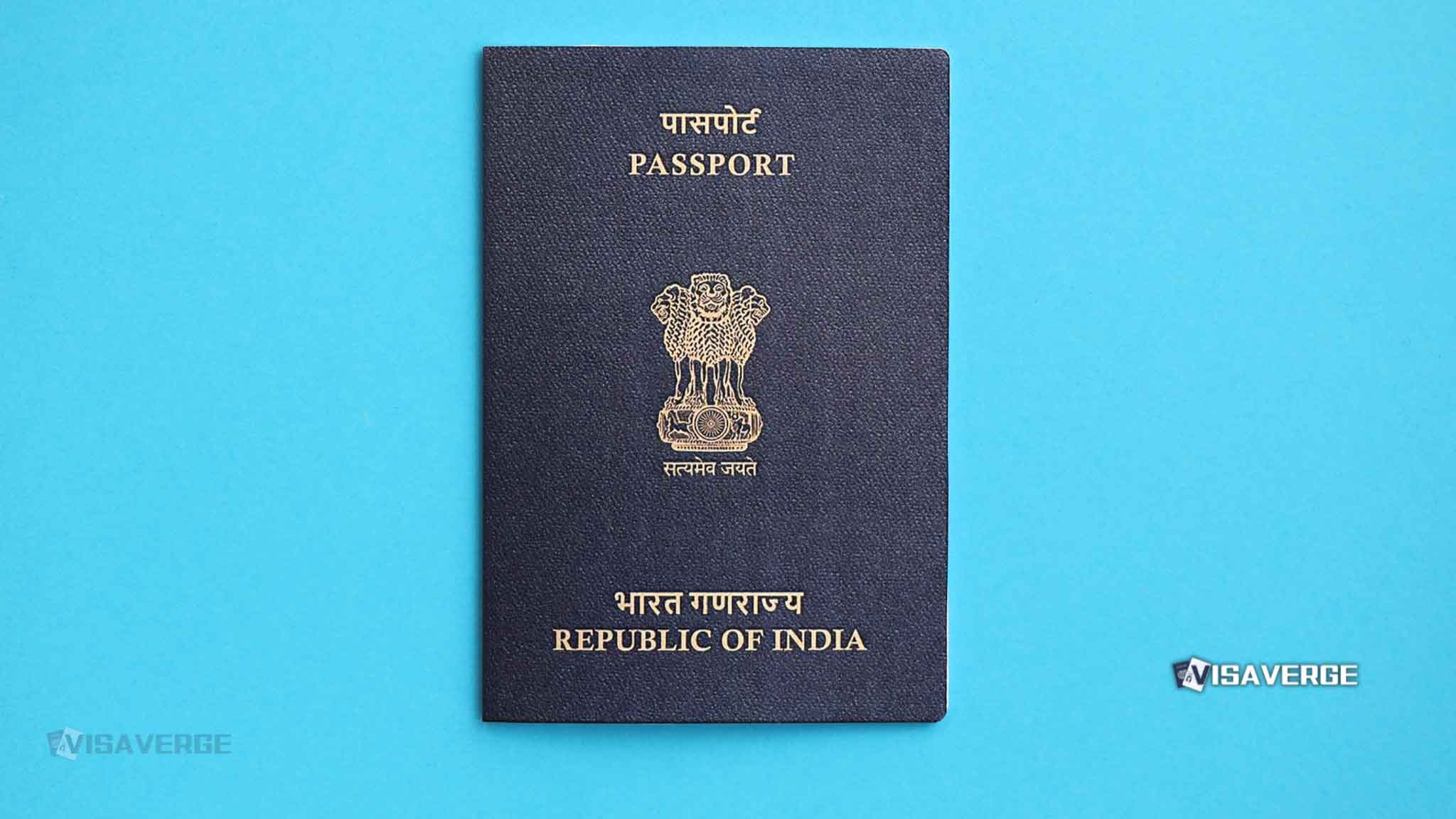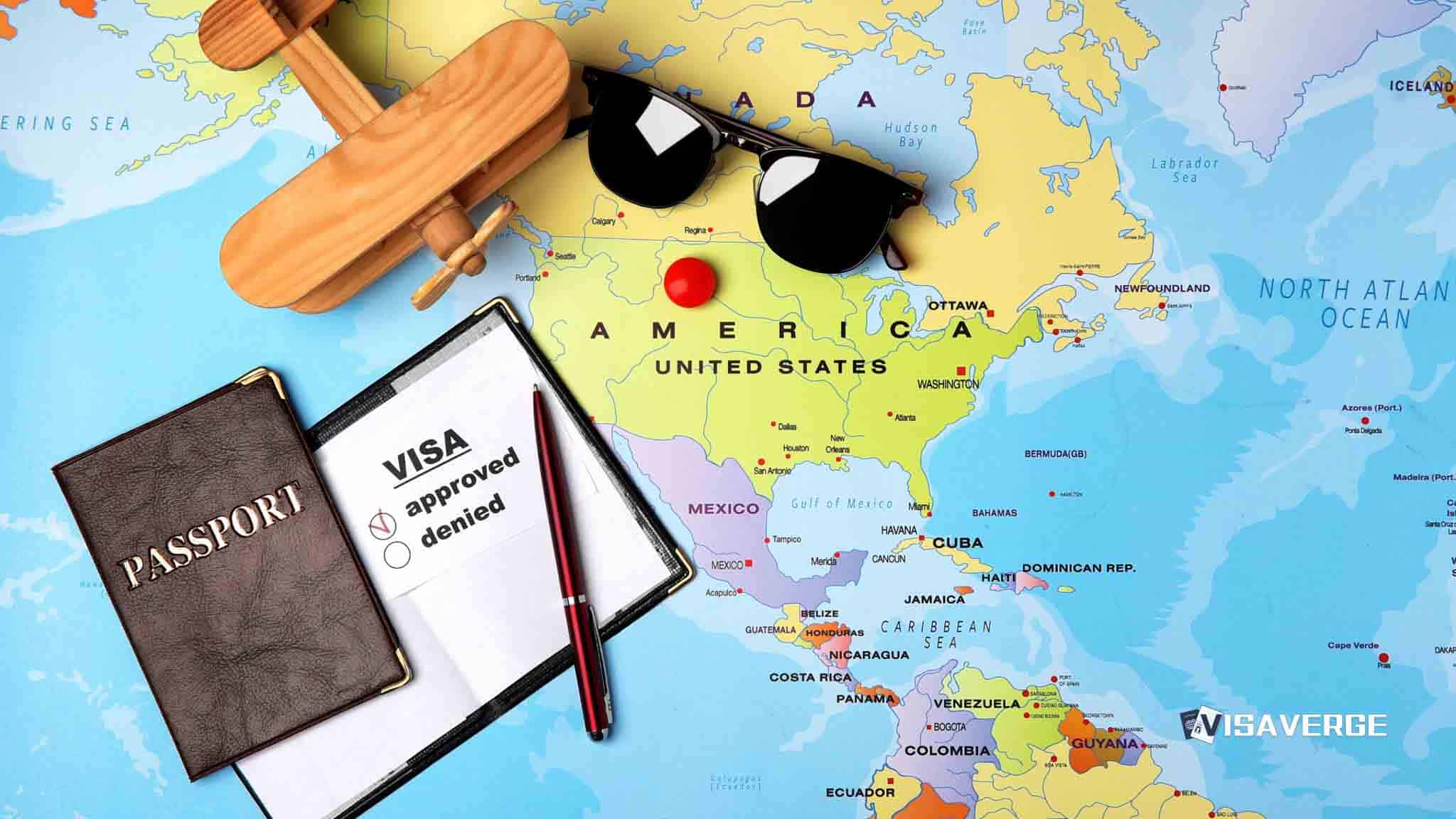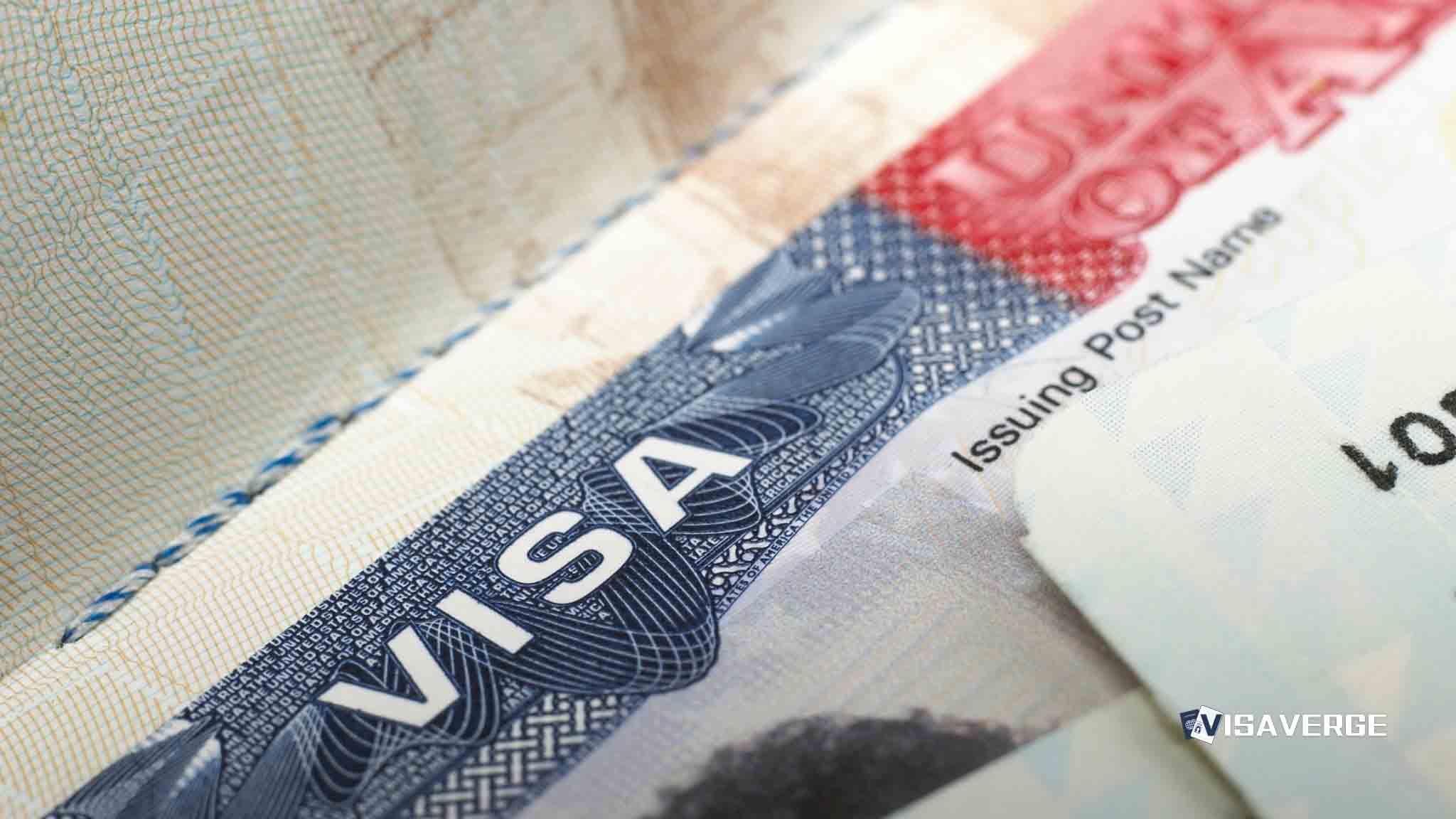Who is a Digital Nomad?
A digital nomad is a term that’s become increasingly popular in our connected world. It describes a person who uses technology, particularly the internet, to earn a living while moving from one location to another. This lifestyle is based on the concept that work doesn’t need to be tied to one place — if your job is online, you can do it from anywhere with an internet connection.
How Digital Nomads Work and Live
Key Features of Digital Nomadism:
- Flexibility: One of the cornerstone features of being a digital nomad is flexibility. Digital nomads often enjoy a flexible schedule, choosing when and where they work.
- Location Independence: They aren’t restricted by geographic location. Whether it’s a beach in Bali, a coffee shop in Paris, or a co-working space in Tokyo, as long as there’s Wi-Fi, they can get their job done.
- Technology-Dependent: Digital nomads depend heavily on technology. Laptops, smartphones, and various software apps are the main tools that allow for remote work.
- Varied Income Streams: Many digital nomads often have multiple streams of income. They may freelance, have their own online business, or work remotely for a company.
Common Jobs for Digital Nomads:
- Content Creation: includes blogging, photography, or video production.
- IT and Software Development: many digital nomads are web developers or app developers.
- Online Marketing: managing social media accounts, affiliate marketing, or search engine optimization for clients.
- Teaching: offering online courses or teaching languages via video call.
- Consultancy Services: in various fields like business, finance, or legal services.
Economic Impact:
The digital nomad trend is more than a lifestyle choice; it’s having an economic impact. Companies are adapting to the trend by allowing employees to work remotely, and destinations around the world are competing to attract these mobile professionals.
Challenges of the Digital Nomad Lifestyle
While the prospect of traveling the world and working remotely may seem ideal, there are challenges that come with this kind of lifestyle:
- Legal and Tax Implications: Different countries have different tax laws and visa requirements. It’s vital for digital nomads to understand their legal obligations in each new country.
- Healthcare and Insurance: Health insurance can be complicated for those constantly crossing borders. Digital nomads must ensure they have a plan that provides coverage internationally.
-
Connectivity Issues: Reliable internet is a must-have. Digital nomads often have to plan their destinations and accommodations with connectivity in mind.
-
Work-Life Balance: It can be difficult to maintain a work-life balance when your office can be anywhere, and you’re tempted by new and exciting experiences regularly.
Staying Connected and Legally Compliant
For those considering a move into digital nomadism, staying connected and legally compliant are priority concerns. Various resources and tools exist to help navigate these challenges:
- Wi-Fi finders like Nomad List can help identify places with the best connectivity.
- Websites like World Nomads offer travel insurance that includes health coverage for digital nomads.
- It’s important to check individual country’s immigration and tax websites for information on visas and legal requirements. Examples include the U.S. Department of State’s Travel website and the EU’s Immigration Portal.
Embracing the Digital Nomad Life
To make the most of the digital nomad lifestyle, planning and preparation are key. Here are a few final tips to help you embrace this way of living fully:
- Do Your Research: Before moving to a new location, research the legal requirements for working remotely in that country.
- Stay Insured: Always have an active health insurance policy that works internationally.
- Be Prepared for the Unexpected: Have a backup plan for internet outages and unforeseen events.
- Connect with Others: Join digital nomad communities online for support and advice.
Being a digital nomad offers a sense of freedom and adventure, but it also demands a responsible approach to work and life. By understanding your obligations and options, you can successfully merge freedom with productivity and chart a course for a fulfilling digital nomad journey.
So, there you have it, my tech-savvy friend! Digital nomads, the jet-setting adventurers of the digital age, living the dream with laptops in hand and Wi-Fi on the brain. But hey, it’s not all sunshine and coconuts; there are challenges to conquer. If you’re ready to dive deeper into the exciting world of digital nomadism and explore helpful resources, head over to visaverge.com. Happy travels and keep on nomading!
This Article in a Nutshell:
A digital nomad is someone who uses technology and the internet to work while traveling. They have flexibility and can work from anywhere with an internet connection. Common jobs include content creation, IT, online marketing, teaching, and consultancy. Challenges include legal and tax implications, healthcare and insurance, connectivity, and work-life balance. Resources like Nomad List and World Nomads help with connectivity and insurance. Research legal requirements before moving to a new country and connect with digital nomad communities for support and advice.














